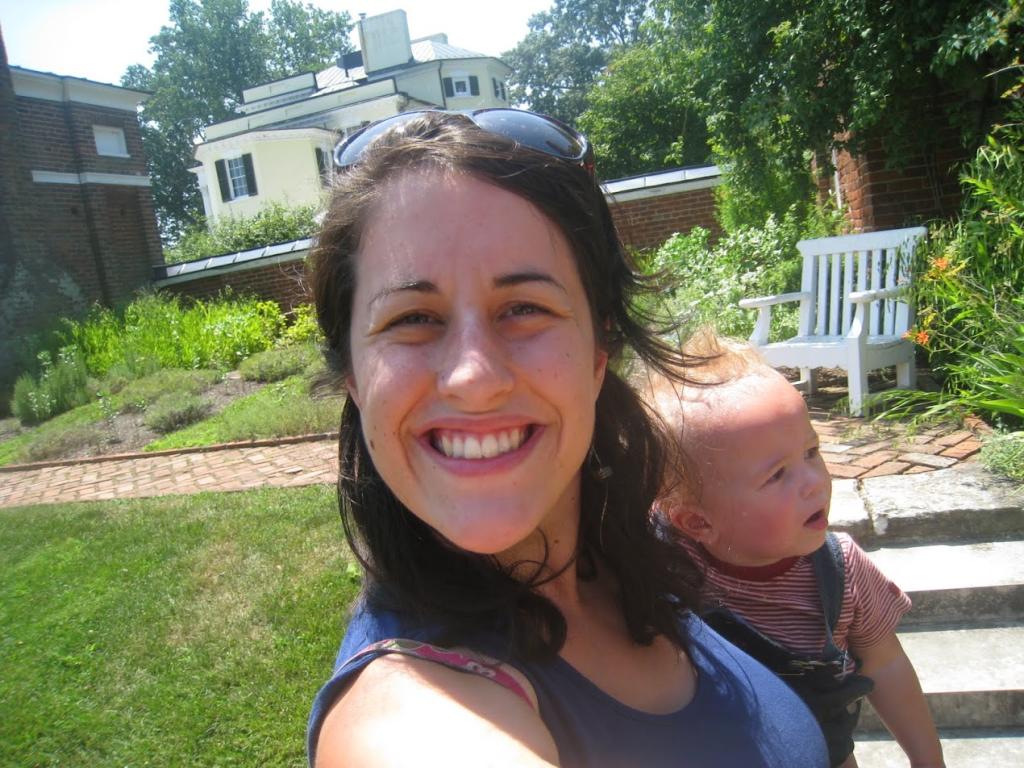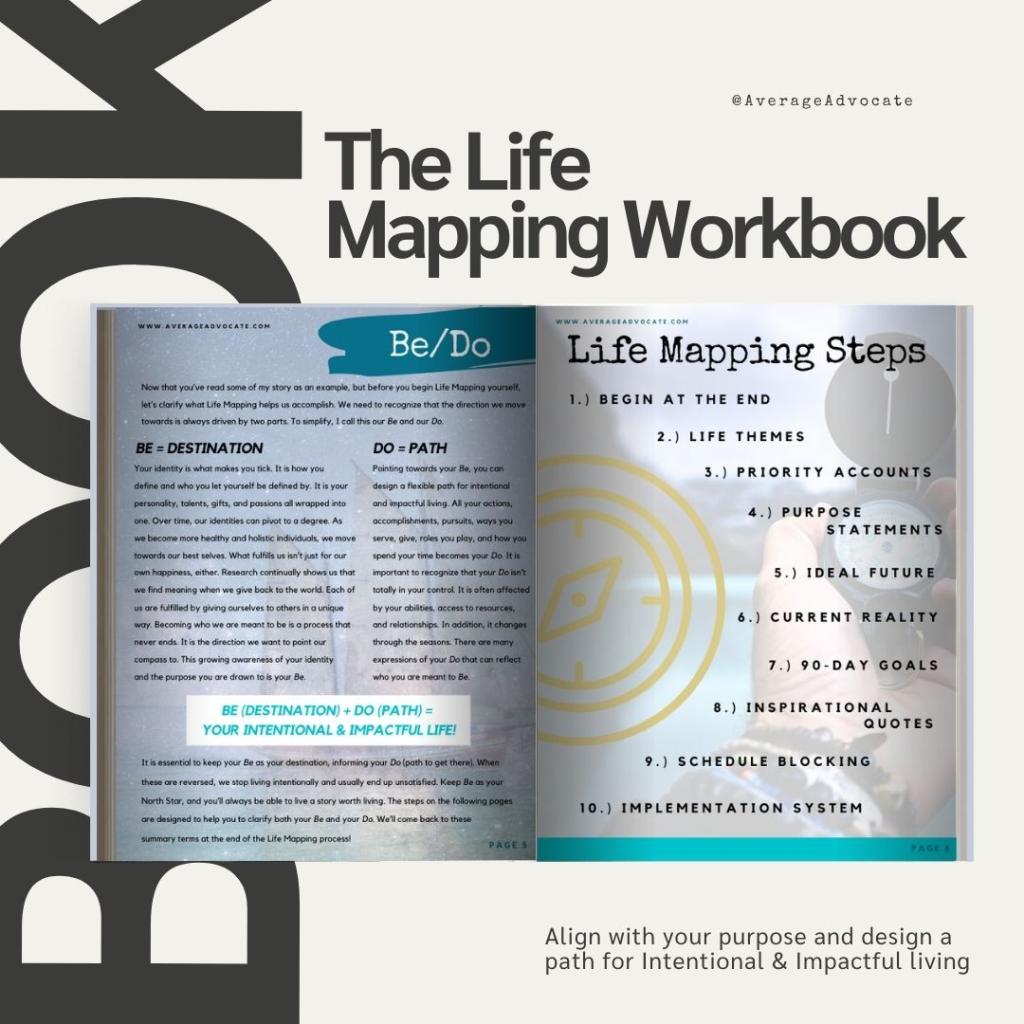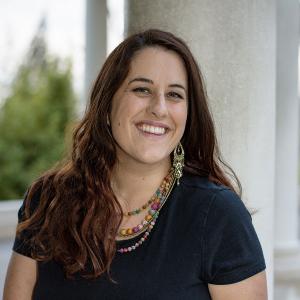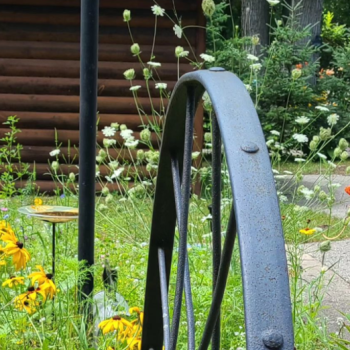StuckBeing a light in the world is a never-ending job. Mundane moments, hard times, overwhelming responsibility, the pressure of vocation, and trauma we encounter in life can easily push service-oriented Christians to burnout. Is there a way Christians living on mission can protect against burnout?

Hello, Burnout
For much of my life, I knew exactly what I wanted to do–I wanted to change the world! I ended up going into ministry and international missions. Later I studied social issues and community development, eventually founding and leading in two different anti-trafficking organizations. I also worked on staff at a church, and led various ministries and mentoring groups. This was a lot–especially for a mostly unpaid full-time volunteer, who was also trying to run a household, have a decent marriage, and raise kids.
It turns out that “changing the world” wasn’t a very specific purpose statement. In addition, I chased this goal in a scattered, unsustainable way that left little room for reflection. I was so consumed by what I wanted to accomplish on behalf of God that I never paused to consider who I actually wanted to be–who God designed me to be–let alone if I was going at it the best way possible.
For years, I battled with overwhelm and the creeping symptoms of burnout. My passion for doing good and my commitment to advocacy began to strain my most important relationships—with God, my family, and my community. It took years of hard lessons, a move across the country, a year sabbatical, and learning I had limits to shift course.

What went wrong?
Looking back, I now see how my pursuit of purpose was deeply tied to a misunderstanding of my identity. I lacked clarity about who I was created to be and didn’t have an intentional, realistic plan that aligned my actions and goals with my core beliefs.
My theology was a bit messed up, too, as I was driven to please God in a way that sacrificed all of me. I could quote Matthew 28:18-21 at the drop of a hat about my mission. And of course I would lay down my life in love, isn’t that what God commanded us?
“Greater love has no one than this: to lay down one’s life for one’s friends.” (John 15:13, NIV)
How We Serve
Many of us engage with our mission with unrelenting dedication and tireless service. Maybe you’re a Christian living out your mission in the local church–teaching, leading, or counseling. You might be involved in justice work to bring forth God’s Kingdom of flourishing on earth or serving our communities and the people of the world. Maybe you’re simply striving to embody faith in your daily life at work or at home raising children.
Regardless of what it is, you take it seriously. You’re a faithful servant and willing to pick up your cross, laying down your life to gain it.
But what do we do when the pressure becomes insurmountable?
Does the Christian Call to Service Demand Everything?
Does the call to serve God and others actually require us to always do so at the risk of our well-being? I grew up having Foxe’s Book of Martyrs read to me. I assumed following Jesus required everything. Unless it looked akin to destitution or persecution, I wondered if I had missed the mark…
If we totally believed that is what it required, a lot more of us would be like the missionary martyrs of old, packing their stuff in pre-made coffins to be shipped internationally, expecting to die. Although we can probably agree that self-sacrifice is required–we are modeling Jesus’ life after all– does this mean giving up everything literally and not just figuratively?
Aligning with Purpose
Eventually, it became evident I couldn’t do everything. And so I made my boundary “sacrificing for my vocation.” But that still didn’t work as I wasn’t sure what my vocation was. Who was I called to be? This took me on a long winding journey of personality tests, coaching, therapy, wise people of faith calling out my gifts, and lots of experimentation in many spaces. I stopped believing “personal calling” was rarely characterized by a job to do, but a person to become.
The more I was authentically the healthiest and truest versions of myself, the more easily I could see I was living in my purpose. Aligning with this by regularly making goals that reflected this best, whole, and joyful version of myself in the areas I influenced in and cared about significantly became very empowering to me. If nothing else, it taught me where I shouldn’t serve and what wasn’t my “best yes.”
We Are As Valuable As Those We Serve
The other problem with my boundary of “I’ll only sacrifice for my vocation” was that I believed my only worth came from shedding my life to produce something pleasing to God. I justified my sacrifice as okay because I was expendable. But what if I could serve others better and longer by being emotionally well and physically healthy? Ultimately, I undervalued how much I mattered to God.
After burning out, I began to change my goals based on this other part of my purpose, too. My purpose might still be “changing the world” when it comes to loving others and letting my gifts be used to usher in God’s kingdom on earth. And then it is even more specific, like I talked about above–my unique design to be in the world. But my purpose also shifted to see myself as beloved of God, developing a deep and intimate relationship with him. To see myself as he saw me was a game changer.
We Pour From a Full Cup
Making missional goals that value my well-being actually honor God’s temple–what scripture calls me! Caring for myself doesn’t make me selfish, like I had believed. If anything, caring for ourselves first helps us depend on God more–dependent on him for emotional and spiritual healing, dependent on him for replenishment, and dependent on his community for relationships.
Besides, if these types of goals were selfish, we would never again make goals to also serve others. Instead, because of these, we are energized to serve, love, and bring God’s kingdom to earth.
What if we funneled our goals through the filter that we are beloved of God? I can tell you that for me my goals became more realistic and healthy when they were anchored to this truth.
After all, as I like to say, we can’t pour from an empty cup. It is through filling with God’s love, grace, strength, healing, hope, the fruit of God’s Spirit, etc…that our capacity to give comes from in the first place!
A Little Bit of Unintentional Saviorism
One of my other struggles living on a mission for God was that I felt like the responsibility for all the work that had to be done was mine. There are billions of people who need to hear about Jesus–how could I tell all of them? Then there are 40 million people trafficked, how do I rescue all of them? There are tens of thousands of women who need mentorship–how do I pastor all of them? The list goes on…
I had to do everything, especially when I didn’t see others stepping up to the plate. Stuck in a cycle of saviorism, I didn’t realize I was trying to be God. I couldn’t rest or recover “for the sake of others.” But even if I was created in the image of God, and I let God use me in this world to be his hands and feet, I am still not God. I have all the limits. And God doesn’t need me–at least not like that. He set the Hebrew people free of slavery and showed them they could rest and that he was their provision. God wants to give me the same things.
Part of my new practices were to set up rhythms of rest in my life and create limits based on the capacity God gave me, praying and trusting him to meet the needs I couldn’t. This approach was life-altering.
Life Mapping on Our Mission With God
For years I had to be extremely intentional to practice rest, make boundaries, and determine my “best yes” for each season. God met me in this, transforming my life and the way I practiced “changing the world,” “with God” instead of “for God” (as discussed in Skye Jethani’s excellent book, With: Reimagining the Way You Relate to God). Based on other coaching tools, I developed Life Mapping as a method to guide me to realign, something I still use nearly a decade later. Last year I published The Life Mapping Workbook to help others align with their purpose and make goals with this, too.

This is How We Protect Against Burnout:
Ultimately, there is a balance between pouring out and being replenished. We have to acknowledge that unless circumstances drive us there or God specifically calls us to something different, we must be faithful, serve, and live on mission within the capacity God gives us, trusting in him for the increase rather than our tireless works of service.
Believers can protect themselves from burnout while staying aligned with their God-given purpose and not taking on ones not designed for someone else. Christians sustain their energy, joy, and well-being by taking steps to ensure that their service remains life-giving rather than draining.
God Spirit is called the counselor and guide for a reason! As such, let’s seek him to help us recognize our limits, see and believe in our own worth, and for his wisdom to make goals that reflect God’s value for all people–including our own–as we live on mission with him.














